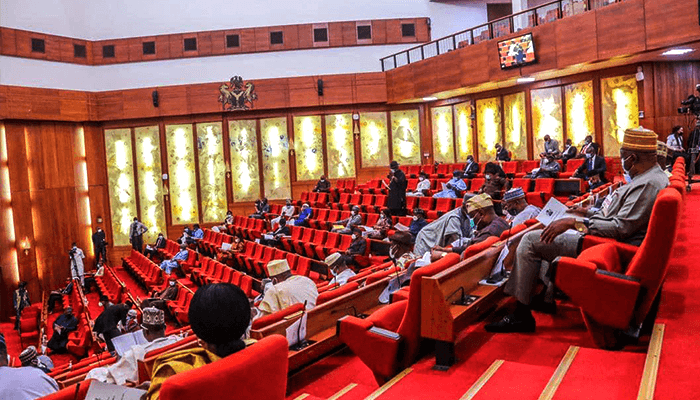The Minister of Agriculture and Food Security, Abubakar Kyari, announced that the federal government’s suspension of import duties on certain food items will remain in effect only until the next harvest, expected around October or November this year.
Kyari made this statement during an interview with Channels TV in Abuja on Sunday.
Kyari explained that the suspension is a temporary measure aimed at alleviating food inflation and will not continue indefinitely. He highlighted that the measure is intended to ease current food prices until a substantial harvest is achieved.
“We are looking at importing between 300,000 and 400,000 metric tonnes per month of various food crops. This importation will continue only until the harvest, which is projected for October or November,” Kyari said, emphasizing the expectation of a bumper harvest.
The minister also clarified that the current importation is a response to the cyclical nature of agricultural production. Nigeria is experiencing a lean season, characterized by lower production and yields of certain crops, necessitating temporary imports to mitigate the impact of reduced crop yields and rising food prices.
“This period between June and August is traditionally a lean season in agriculture. To address the impact of lower yields and high food prices, the government is importing staples such as rice, maize, and wheat. This will continue until we resolve the fiscal details with the finance ministry and customs,” Kyari added.
Nigeria is currently grappling with its most severe cost of living crisis in decades, with food inflation exceeding 40%, according to the National Bureau of Statistics. The soaring prices of staple foods have led to widespread social unrest, with many young Nigerians protesting under the banner of the EndBadGovernance or Hunger Protest.
The protests, which have resulted in fatalities, property destruction, and looting, are expected to last for ten days. In response, President Tinubu has called for a suspension of the protests and urged dialogue with the government.










